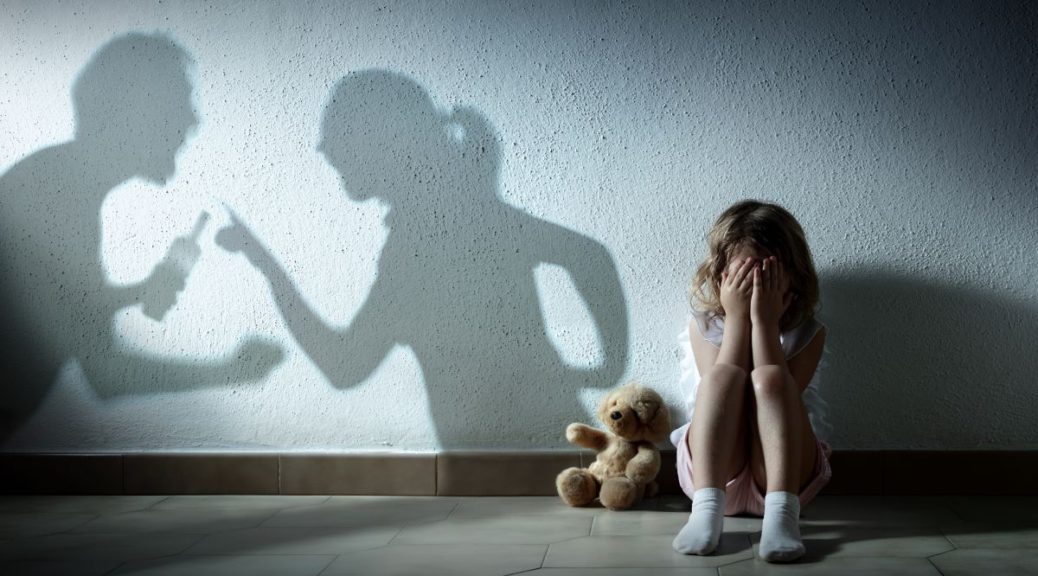Often there are witnesses to catastrophic events. We may not realize it, but just seeing something traumatic unfold before you can have a severe and long-lasting effect on mental health. This principle holds true whether the event is large scale or happening right at home. The situation can be even more serious when the witness is a child, especially if domestic violence is involved.
An Expanded Definition of Domestic Violence
But, first, it’s important to understand that domestic violence is more than just physical abuse. It can be defined as any “pattern of behaviors used by one partner to maintain power and control over another partner in an intimate relationship.”
California courts define domestic violence as:
- “Physically hurting or trying to hurt someone, intentionally or recklessly;
- Sexual assault,
- Making someone reasonably afraid that they or someone else are about to be seriously hurt (like threats or promises to harm someone); OR
- Behavior like harassing, stalking, threatening, or hitting someone; disturbing someone’s peace; or destroying someone’s personal property.”
It’s entirely possible to witness domestic violence but not realize how harmful it is. For example, a child watching his father demean his mother may not realize the underlying damage. However, the experience will still be troubling and could cause long-lasting effects.
Children and Domestic Violence
While children may not understand exactly what is happening, they usually can tell when someone is afraid. Often, they become afraid also.
Young children who witness violent acts against a loved one might regress in certain behavior like thumb-sucking and bed-wetting. Also, they could begin hiding from adults or have trouble falling asleep.
School-age children might understand more of what’s going on. They may start to exhibit a lot of vague physical symptoms like frequent headaches or stomach problems. In school, their grades could fall, and they might tend to get into trouble more often than other children.
Teenage witnesses of domestic abuse have more risky and dramatic ways of showing they’ve been damaged by what they’ve seen at home. Girls are more likely to be withdrawn and depressed. Boys are more likely to act out by fighting, bullying other kids, getting arrested, or using alcohol and drugs.
The collateral damage associated with domestic violence can last well into adulthood. Some people continue the cycle of abuse. Others take refuge in addictions. At the very least, they may have trouble sustaining healthy, intimate relationships.
How to Help
Just witnessing violent behavior can profoundly affect children, even if no one ever lays a finger on them.
Here are some actions you can take if you are a victim of domestic violence:
- Call the National Domestic Violence Hotline at 1-800-799-SAFE (7233) or TTY 1-800-787-3224.
- Contact law enforcement and ask for help.
- Find local resources for domestic violence victims.
- Talk to an attorney about getting a domestic violence restraining order.
- If you are married to your abuser, ask your attorney about filing for divorce.
Also, find out about counseling options for your children, especially if they witnessed any abusive behavior.
Children Can Become the Collateral Damage of Domestic Violence
The attorneys at the Law Offices of Judy L. Burger are experienced at all phases of divorce, legal separation, and annulment. Call us at 415-293-8314 to schedule a private appointment or visit our website. We assist clients along California’s Northern to Southern Coast, including San Francisco, Beverly Hills, Marin, San Jose, Gold River, San Diego, Santa Barbara, Ventura/Oxnard, and surrounding communities.


